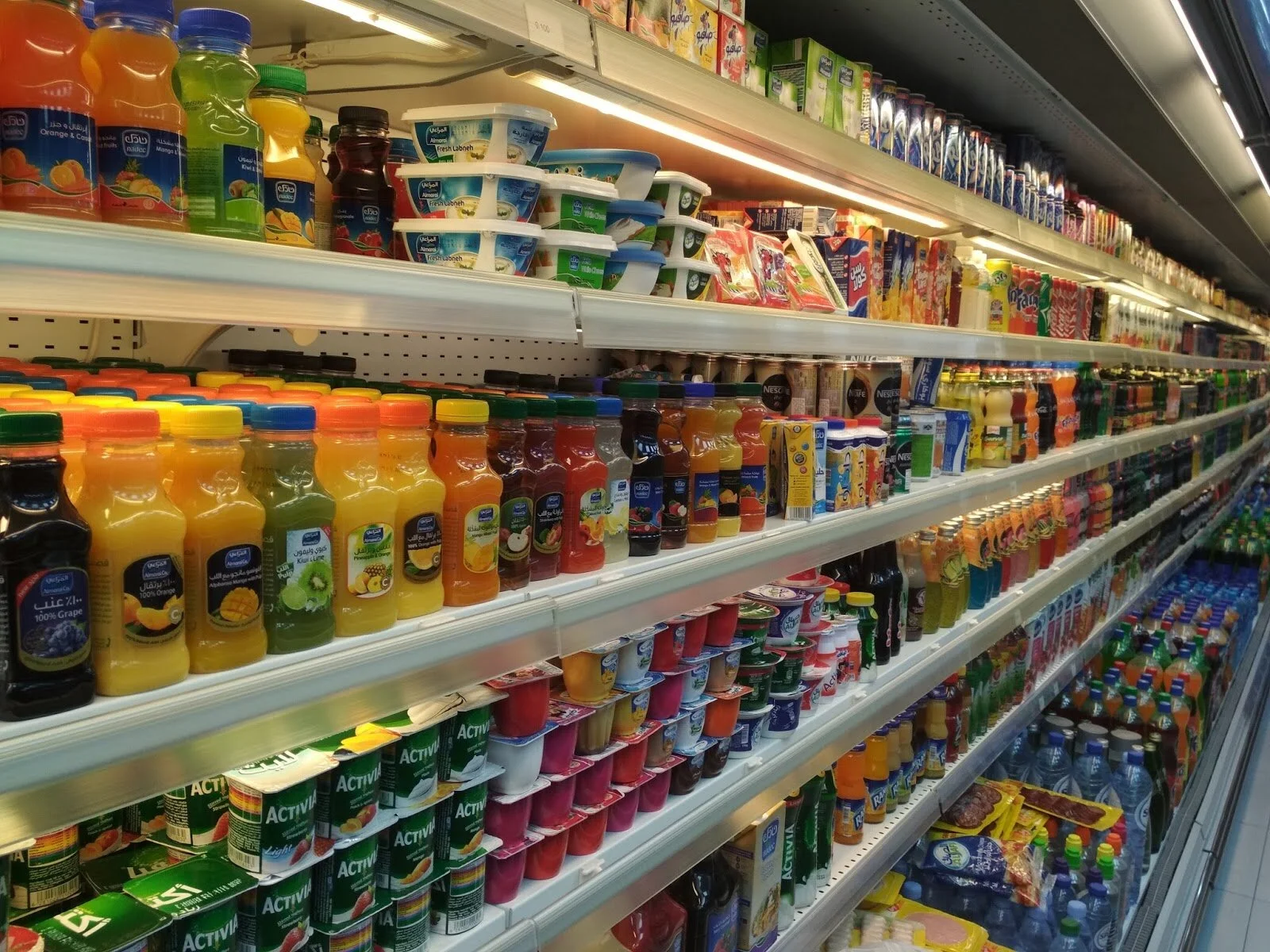Since the beginning of the year, the world has experienced rapid and persistently high inflation rates. Some countries, such as the United Kingdom, are estimated to have inflation rates of 18% by Citibank in early 2023 (Schomberg and Miliken, 2022). Such figures for developed nations are rather high, especially compared to their historical trends, where long-run inflation in the UK is approximately 2.6% (Keane, 2022). As inflation rates across multiple developed and developing nations remain high, is Bahrain experiencing a similar trend of high inflation rates compared to its trends?
What are the effects of the Pandemic on education policy
The COVID-19 pandemic is one of the most significant crises for the global economy. The pandemic had created a situation where nearly most aspects of society had faced a standstill in traditional forms of interactions. The consequences are that multiple sections of society had to suddenly adapt to unexpected conditions of the pandemic. In particular, this article will look at how the education sector in Bahrain adapted to the new challenges brought upon by the pandemic.
Can unexpected temperatures affect economic growth in Bahrain?
Climate change is a worldwide phenomenon that affects every nation. The risks that are part of climate change are increased adverse weather conditions, affecting coastlines, agriculture, and potentially overall economic activity. Although the GCC is one of the most affected regions for climate change, little is quantified about the costs and damages associated with climate change in our region. This article aims to create a simple analysis comparing economic growth vs. unexpected temperature differences for a given quarter.
Should cars be taxed?
In Bahrain and the GCC, it’s not a secret that motor vehicles have become the most predominant form of transportation domestically. Motor vehicles are reliable and a convenient form of transportation for Bahrainis and Expatriates. With multiple options, today ranging from sedans to SUVs, compared to the expatriate and Bahraini a century or so ago, the current population of Bahrain more or less are utilizing what would be considered luxury goods then. However, we should ask, at what cost does the rise of these goods have towards the economy? This is what we will explore in our article.
A quick look at the relationship of output and employment by nationality in Bahrain
What is the relationship between output and employment in Bahrain? This article takes a quick look at the theory and actual results of what output and employment looks like by nationality in Bahrain. Does an increase in production result in higher employment rates amongst expatriates and Bahrainis? If so, why? Why do we see a relationship between output and employment? These are the items that we will address.
Is the opening of a new tobacco plant as lucrative as it seems?
Recently, parliament has been debating the opening of a new 75.4 million Dinar (200 Million USD) tobacco plant in Bahrain, where the factory's approval has been subjected to many delays. Plans for the tobacco plant can be traced back to September 2019, where some MP members have urged such a plant's approval. Currently, Bahrain prohibits the manufacturing of tobacco products since the introduction of tobacco legislation in 2009. MPs have argued that the tobacco plant will generate jobs and growth towards the economy by opening the economy towards another industry and thus support the effort of diversification (although such goods have large externality costs towards society).
How do prices move in the months during Ramadan & Eid?
Is there a large variation in prices during Ramadan and Eid in Bahrain? If so, to what extent do they change? Through a basic data analytic overview, this article will investigate whether we observe such a fluctuation in prices during the season of Ramadan and Eid in Bahrain. Understanding whether these prices change seasonally can prove to be important for policymakers in the country. In particular, economists believe that decision-makers should use data based on the real trends of price levels, which is achieved by applying seasonal adjustments to the data.
Does it make sense for consumers to purchase an electric car in the GCC?
Since the initial rise of electric vehicles and other transportation methods, there have been concerns that usage of electric transportation may have negative environmental impacts depending on the source of electricity used to charge electric vehicles. As a result, over the years, there have been continuous efforts to estimate the environmental impacts of electric cars and transportation methods on the environment based on electricity sources used.
In this extended article, we will attempt to use research conducted elsewhere to estimate, whether it makes sense for consumers to purchase an electric vehicle in the GCC for environmental reasons. The reason behind this is that in recent years, there has been a growing trend of owning Teslas in the GCC, if not, at least in the UAE with the opening of the first Tesla dealership with acceptance of online orders. Therefore, we should ask the question, with the GCC’s electricity mix, would it make sense to import, and use electric cars given the potential environmental impacts it may have for the given grid being used in the GCC?
Does the weather affect construction productivity?
Bahrain is known to have extreme temperatures during the summer months. As a result, those who work outdoors in construction are exposed to the dangers of heat exhaustion, as well as potentially heat stroke if they are allowed to continue working outside in extreme conditions. As we approach the summer months and preparations are underway to ensure the safety of these workers (via policies such as bans on outdoor work during high temperatures), one must ask, to what extent will we face a drop in productivity during hotter conditions?










